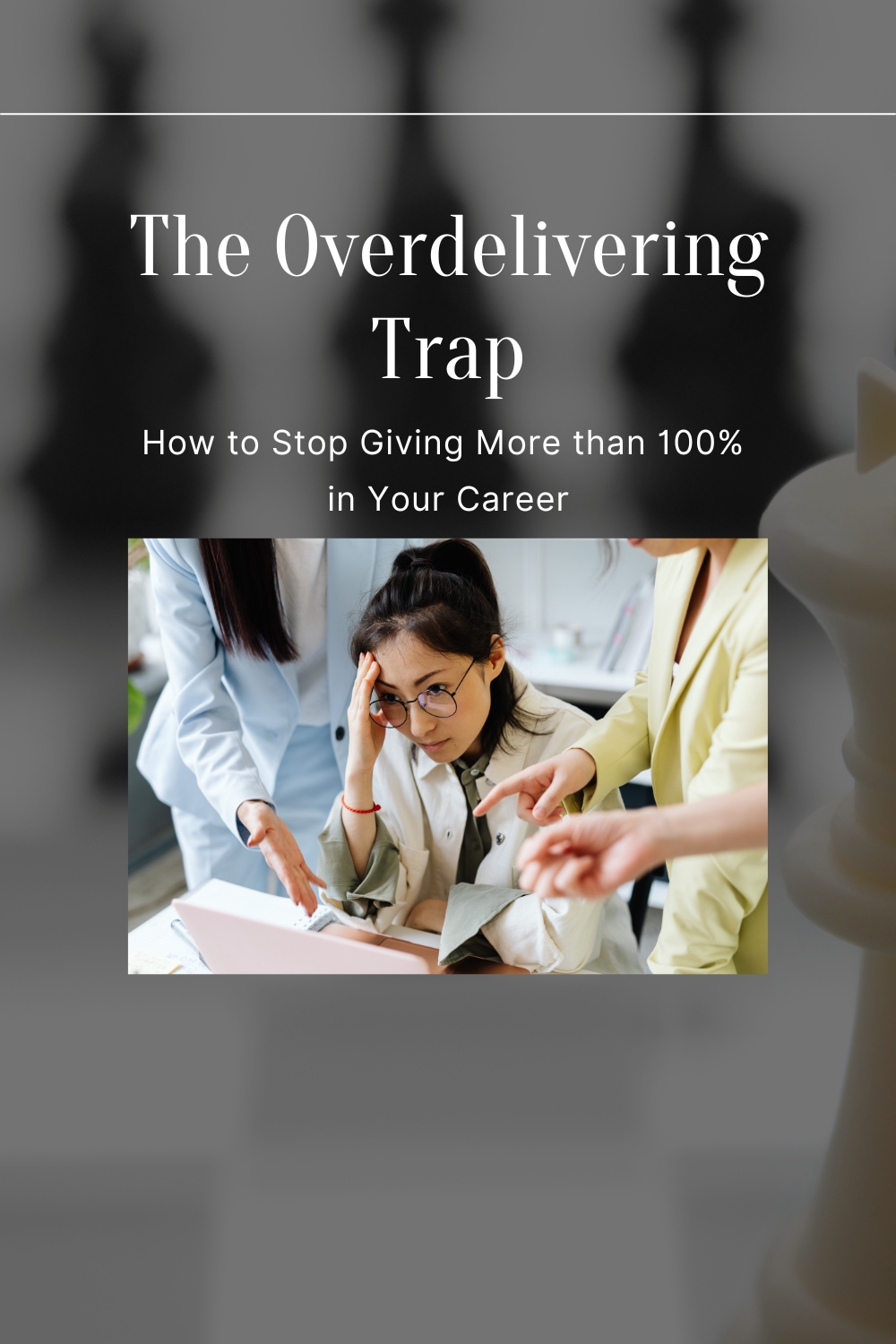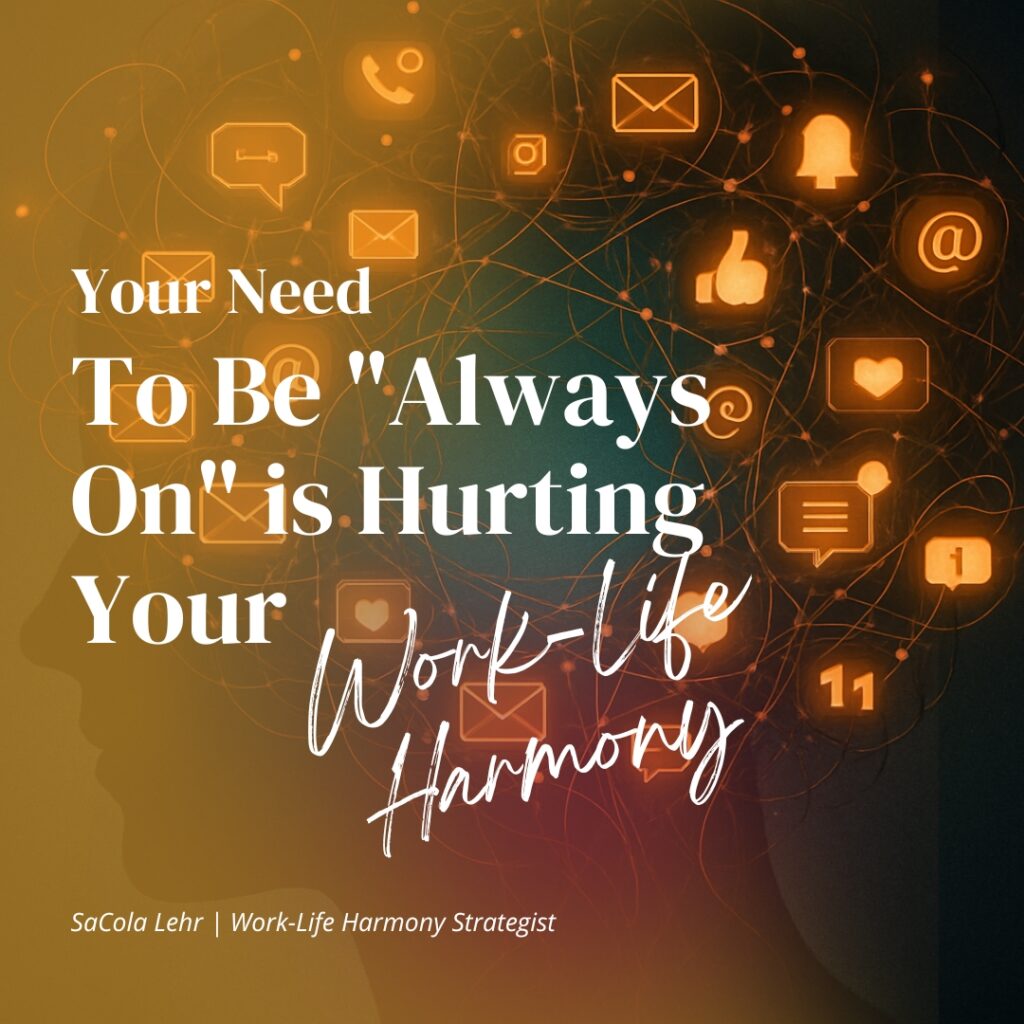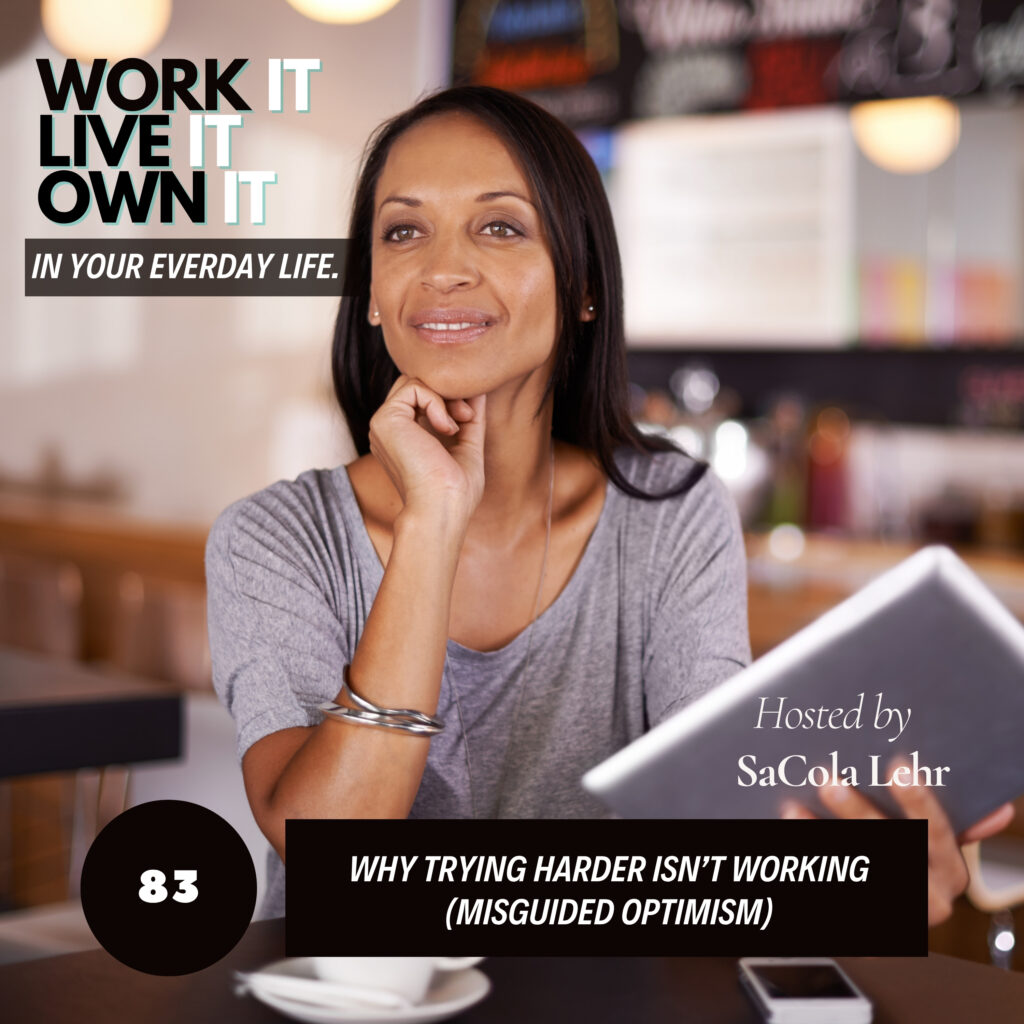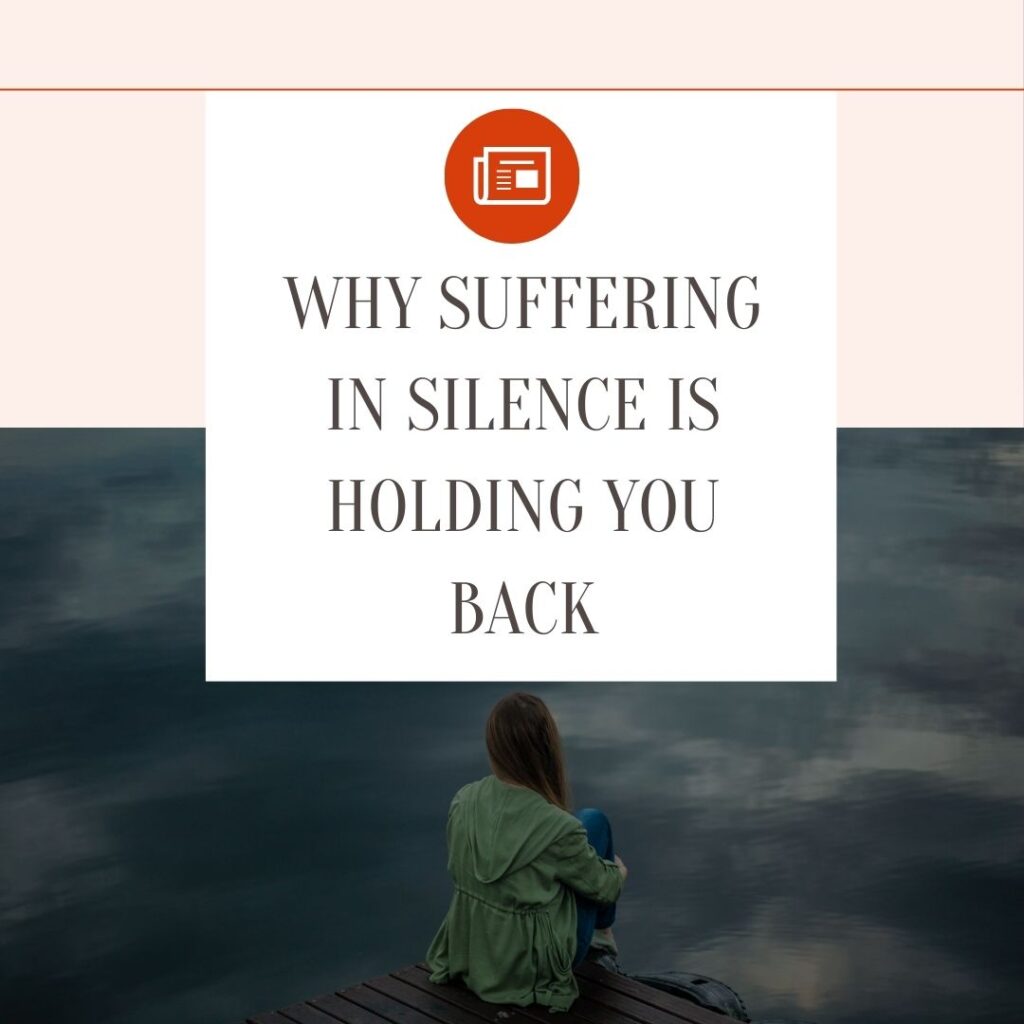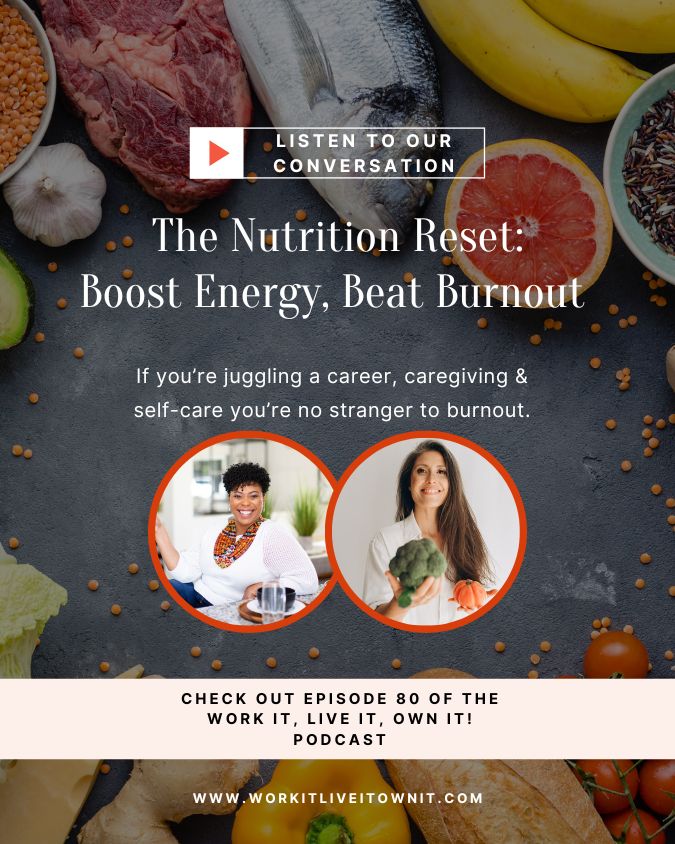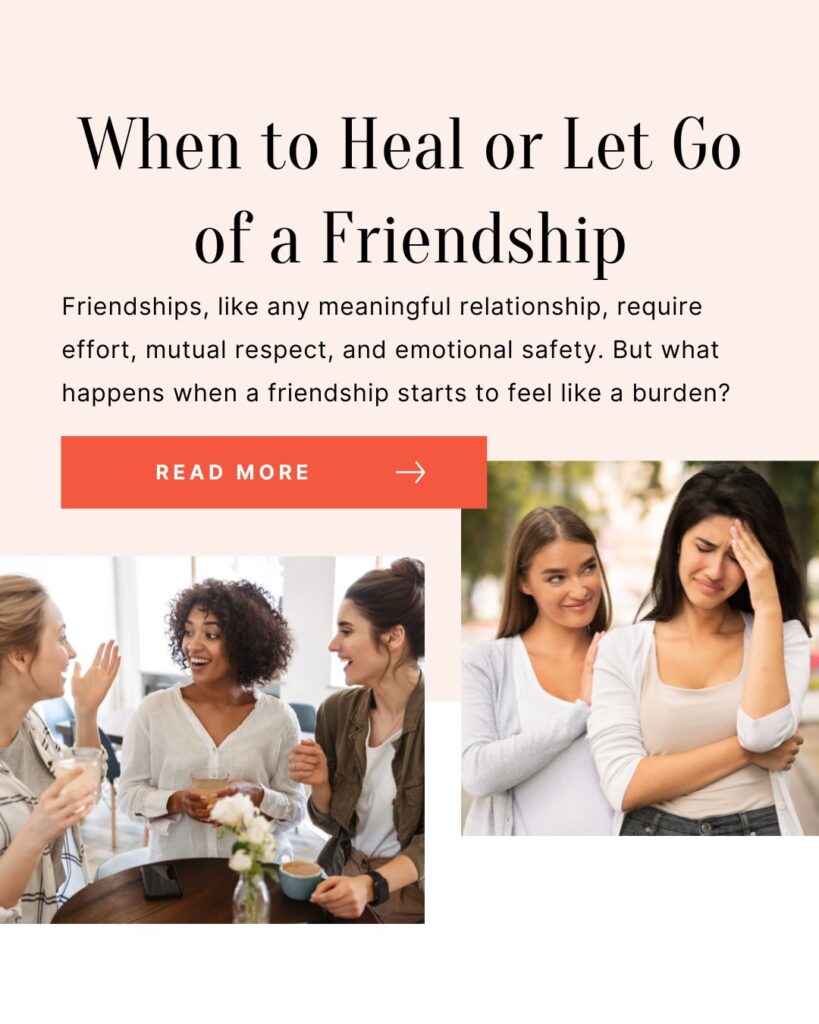The Hidden Pain of a Picture Perfect Life

Have you ever had a moment where you looked around at your life and realized that on paper, everything is exactly right? You have the career you worked so hard for, the house you dreamed of, maybe a partner and kids. You’ve checked all the boxes society told you to check. But in a quiet moment, maybe on your commute home, or after the house is finally still, you feel this quiet, nagging sense of emptiness. A voice inside whispers, “Is this it?”
If that sounds familiar, I want you to hear me on this: You are not alone. And you are not ungrateful. You’re experiencing what is called the Success Paradox, and it’s a silent struggle for so many accomplished women. It’s the feeling of being successful on paper but unfulfilled in reality, and today, we’re going to talk about why it happens and how to find your way out.
Why Do Successful Women Feel This Way?
The core problem is this: you feel empty and even guilty about a life you worked so hard to build. You look at your accomplishments and think, “I should be happy. What is wrong with me?” But here’s the truth—there’s nothing wrong with you. The reason you feel this way is because you’ve completed a script that was given to you by society, and you’ve outgrown it.
Think about it. For years, you’ve been focused on achieving what you should want: the degree, the promotion, the title, the house, the relationship milestones. You followed the curriculum perfectly. But now you’re standing here with the diploma in hand, and for the first time, there’s no map. There’s no syllabus for what comes next. That feeling isn’t failure. It’s the unnerving freedom of an open-ended future. You’ve finished the game, and now you get to create your own.
That feeling of emptiness isn’t a sign you’ve failed. It’s a signal that you’re ready to stop following the script and start writing your own.
The Root Cause: Assigned vs. Authentic Priorities
So if the old script isn’t working, how do we write a new one? You’re busy. You’re productive. But you’re not fulfilled. Your days are packed, yet you feel like you’re running on a hamster wheel, working hard on things that don’t truly light you up, both at work and at home. This happens because there’s a fundamental misalignment. You’re living according to your Assigned Priorities—the things you were told should be important instead of your Authentic Priorities, the things that genuinely matter to your soul.
The only way to close the gap of the Success Paradox is to get clear on what truly matters to you. The solution isn’t to work harder. It’s to align your work and your life with your Authentic Priorities.
How to Discover Your Authentic Priorities
Now, if I asked you right now what your Authentic Priorities are, you might draw a blank. You’ve been so focused on your career, your family, and everyone else’s needs for so long that you’ve lost touch with the sound of your own voice. And that’s okay. Because here’s the thing: you can’t think your way to your priorities. You have to feel your way to them.
Your mind can be conditioned by years of “shoulds,” but your body and your energy tell the truth. Your energy is the most honest compass you have for what’s right for you.
I want you to conduct a simple experiment for one week. I call it the Energy Audit. At the end of each day, write down the answer to two questions:
1.”What one thing today gave me the most energy?”
2.”What one thing today drained the most energy from me?”
That’s it. Just observe, without judgment. Maybe a budget meeting drained you, but a 15-minute chat with a coworker about a creative idea lit you up. Maybe the after-school chaos drained you, but helping your daughter with an art project energized you. Don’t try to fix anything yet. Just notice.
After a week, you’ll have a list of data-driven map pointing directly to your Authentic Priorities. The things that give you energy are your North Star. They’re showing you what matters. And the things that drain you? Those are the places where you’re out of alignment.
Your Invitation: Start the Energy Audit Today
That feeling of emptiness when your life looks perfect on paper? It’s not a problem. It’s a signal. It’s your inner wisdom telling you that you’re ready for a life that is defined by you, not by society’s script.
So here is my challenge, my invitation, to you for this month. Just do the audit. For seven days, just notice. Give yourself the gift of your own attention. You’ve given it to everyone and everything else for decades. It’s your turn now.
You don’t have to blow up your life. You don’t have to quit your job or make any dramatic changes. You just have to start paying attention to what lights you up and what drains you. That’s the first step to creating a life that feels as good on the inside as it looks on the outside.
If you’re ready to go deeper, I’ve created a free Energy Audit Worksheet that you can download to guide you through the process. And if this idea of aligning your life with your Authentic Priorities resonates with you, I encourage you to check out my book, Harmony Hustle for Women: Master the Art of Thriving in Life and Career. We dive so much deeper into this framework and how to create sustainable success without burnout.
You deserve a life that feels as good as it looks.

